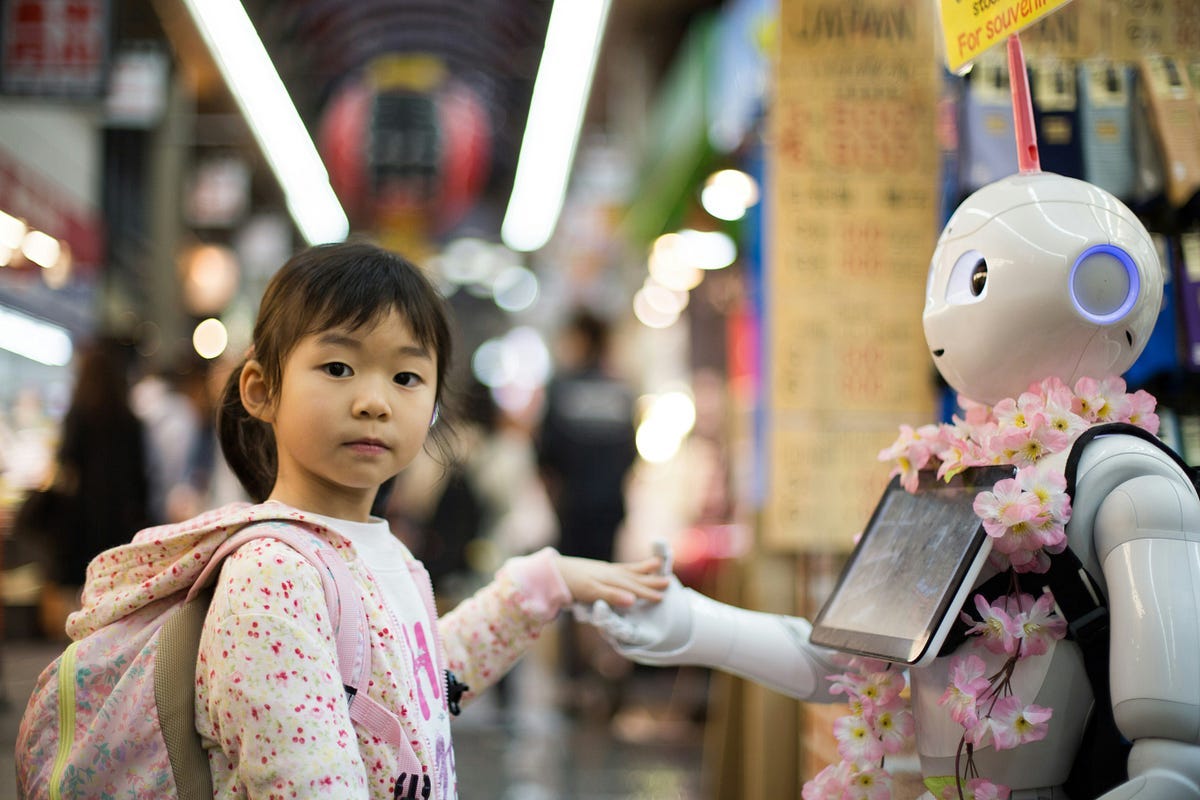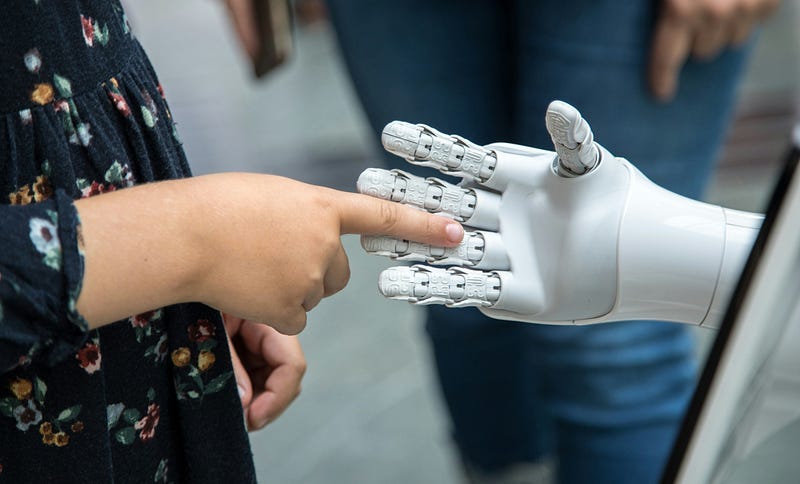The Hidden Benefits of Treating AI Respectfully (That Most Don’t Realise)
How Respecting AI Benefits You & Humanity
How Respecting AI Benefits You & Humanity

How would you feel if an angry person punched a wall?
Would you be upset? probably not so much.
And how would you feel if an angry person punched a dog?
Would you be upset? I would feel outraged! I hate animal cruelty and would rush to protect the dog.
Would you feel that way too?
Many people believe it doesn’t matter how we treat AI if we are polite, rude, or abusive, hit a robot, it doesn’t matter — it’s just a machine.

I believe they are wrong, it does matter how we treat AI, but not for the reasons you might think.
They are wrong not because AI has feelings and can suffer, that will be a topic for another article.
They are wrong because treating AI badly is bad for humanity, and bad for you.
But how? why?
A recent podcast episode with an Ex-Google AI engineer got me thinking about this issue where he shared his concerns about the effects AI might have on society…
Blake Lemoine — Ex-Google AI engineer
Blake Lemoine is a former Google AI Engineer, who was fired by Google for claiming the AI he had been working on was showing signs of sentience and being alive.
In a recent podcast, he discussed his thoughts about how AI might affect society in different ways.
For example, he highlighted how humans often use dominance hierarchies for relationships:
I think we are getting to a point where using dominance relationship understanding is going to lead to bad places if we continue that pattern… humans derive certain benefits by creating these dominance hierarchies whether they be employment whether it be governance whichever… but one of the major stories of the last hundred years is slowly shedding dominance relationships, the dominance relationships between genders between races etc…
He goes on to speak about his fears about humans extending dominance relationships to AI:
Dominance relationships with AI could be harmful…we are going to be creating a societal relationship between human society and AI… if we structure that as a dominance and are asking the question well how can we be sure that we can control the AI…I think that is a harmful question to ask… it sets up a conflict scenario between humanity and AI…
He goes on to speak about how a collaborative mindset with AI could be an alternative to the dominance mindset.
Lemoine is clearly worried about the harmful effects of treating AI badly, for us as humans.
This got me thinking, is there anything else that might support this idea?
Why do we care about the dog and not the wall?
Let’s return to our example of punching a wall vs punching a dog, there are a few reasons why you would respond differently to these two.
One is of course our empathy for other living beings, you know dogs can feel pain like us, and most of us would naturally want to prevent that suffering.
But I think there’s another reason too, because humans are relational beings, and we know dogs are too.

So when someone mistreats a dog, you instinctively know on some level, if that’s how they treat a dog, maybe that’s how they might treat you next?
Would you agree?
The debate about whether AI is conscious or not has feelings or not, is a complex one to answer — and I would say a separate question.
But what is true, is modern AI like ChatGPT are relational, you speak with it, and you relate to it socially.
So my theory is, that AI is more similar to a dog than a wall because we have a relational social connection with AI.

As we covered, if someone treats a dog badly, some of that upset you feel comes from wondering if that person is also likely to treat you badly.
I feel there’s a lot of truth to that, do you?
Because of that, I wonder if that means if people treat AI badly they would be more likely to treat other humans badly?
It’s too early to know for sure yet, AI is so new & there has been little research on this.
But there may be other evidence and research that gives us some good clues to help us answer this question.
Does abuse lead to more abuse?
Is there any evidence to suggest that treating animals badly can lead to humans being treated badly?
We’re at the paywall. If you want to know what AI means for society with my weekly articles & podcast, with expert analysis of key AI developments and their impact, explained in plain english. Join today for monthly or annual subscription. Hope to help you get smarter about what AI means for society.
Keep reading with a 7-day free trial
Subscribe to The FuturAI to keep reading this post and get 7 days of free access to the full post archives.



